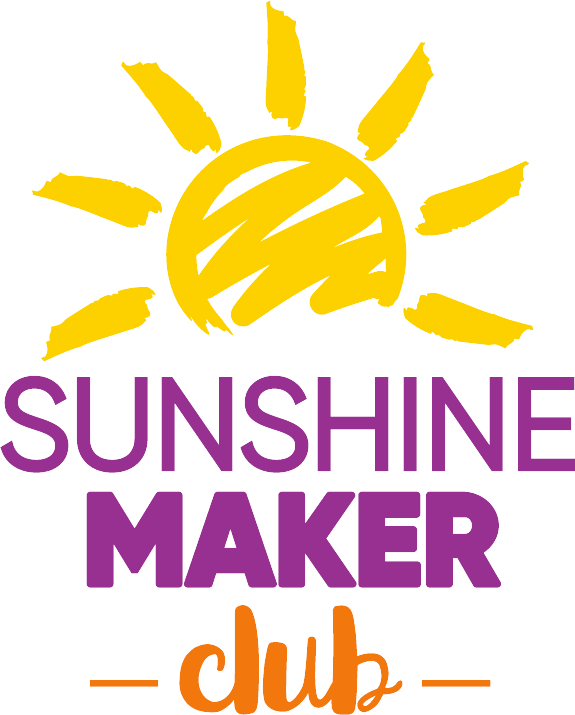Newsroom
March 30, 2021
Four new made-in-Saskatchewan research projects will help moms and kids
Four new Saskatchewan research projects will soon be underway to help enhance maternal and children’s health care right here at home.
Thanks to the generosity of our donors, Jim Pattison Children’s Hospital Foundation is granting a total of $190,462 to support these important and innovative initiatives. Each project is timely and relevant to issues Saskatchewan is currently facing. This includes a better understanding of the impact of Covid-19 on children, Indigenous maternal health, as well as diabetes in children.
“Research is the cornerstone to offering a healthier future to patients, not only in Saskatchewan but across the world. As a dedicated maternal and children’s health care organization, our Foundation prioritizes research as it leads to better outcomes, more effective methods of care and innovative new treatments. We are grateful that our donors see the incredible value in this work, as furthering research across Saskatchewan and beyond is one of our key strategic priorities,” said Brynn Boback-Lane, President and CEO of Jim Pattison Children’s Hospital Foundation.
Jim Pattison Children’s Hospital Foundation has partnered with Saskatchewan Health Research Foundation to provide a high-quality grant review process for innovative maternal and children’s research projects in the province.
Okawimaw Kanosimowin (Mother’s Bundle): A peer-driven approach to improve Indigenous maternal and birth outcomes
Following the Truth and Reconciliation Calls to Action guidelines, a culturally secure space for knowledge exchange, mobilization and co-creation will be created to engage physicians, Indigenous birth support staff, doulas, elders, researchers and peers to harmonize Indigenous birthing and evidence-based practices.
Dr. Mamata Pandey from Saskatchewan Health Authority will be leading the study which aims to train Indigenous peers to advocate and assist Indigenous mothers through pregnancy, labour and delivery to postpartum stages. Another goal of the study is to create a mothers care bundle consisting of individual support links and services, essential mother and baby products and traditional medicines in partnership with the multi-disciplinary team.
This project will help engage and empower peers to address maternal health care needs, with the potential to significantly impact Indigenous maternal and child health outcomes.
Exploring the effects of wearing a face mask for prevention of COVID-19 during hockey
There have been a large number of COVID-19 outbreaks on youth minor hockey league teams in Saskatchewan. Wearing face masks is an effective strategy for preventing virus spread, but there is uncertainty whether children can tolerate face masks during vigorous exercise. Dr. Philip Chilibeck and his team from the University of Saskatchewan will aim to determine whether wearing face masks during vigorous sport activity can be tolerated by children.
The team’s preliminary research in adults showed that wearing a face mask during short-term vigorous cycling exercise was well-tolerated with no physiological effects compared to exercise while not wearing a mask. Participants in this upcoming study will complete various testing measures with and without a mask to examine the effect on performance or physiological measures.
Results from this study could help inform health policy by determining whether children can tolerate playing hockey with face masks. This also has potential to allow hockey games to continue during the pandemic, which if it can be done safely, will benefit children’s physical and mental health.
Pilot study to help Saskatchewan children at risk for type 2 diabetes
Rates of pediatric type 2 diabetes throughout Canada continue to swell with a disproportionate increase affecting Indigenous youth and adolescents in rural and remote communities. This study lead by Dr. Mark Inman from the University of Saskatchewan will engage communities who have expressed interest in improving access to screening for diabetes in a meaningful way and will provide an opportunity for health promotion and disease screening with diagnostic confirmation.
The study aims to develop Indigenous community partnerships to create culturally and community-specific health promotion events for kids and teens at risk for type 2 diabetes, and to offer type 2 diabetes screening using the novel dried blood spot A1c measurement, along with collecting basic background data, along with a robust process for follow-up and management of screen positives.
With successful implementation, the researchers hope to scale-up the project to further communities across the province and to engage other at-risk patient populations.
Examining COVID-19 related multisystem inflammatory syndrome in children
A research project lead by Dr. Alan Rosenberg from the University of Saskatchewan will aim to understand the association of the inflammatory biomarker high mobility group box 1 protein (HMGB1) with a multisystem inflammatory syndrome in children that is related to COVID-19.
As multisystem inflammatory syndrome in children case numbers, morbidity and mortality increase, there is an urgency to generate new knowledge about the condition.
The new research will aim to prove that elevated HMGB1 blood levels and disease-potentiating HMGB1 gene polymorphisms and isoforms predict COVID-19 progression to Kawasaki Disease and other multisystem inflammatory syndromes and contribute to morbidity and mortality in children.
Donate today to help our province’s medical community conduct vital research for Saskatchewan kids and families.



